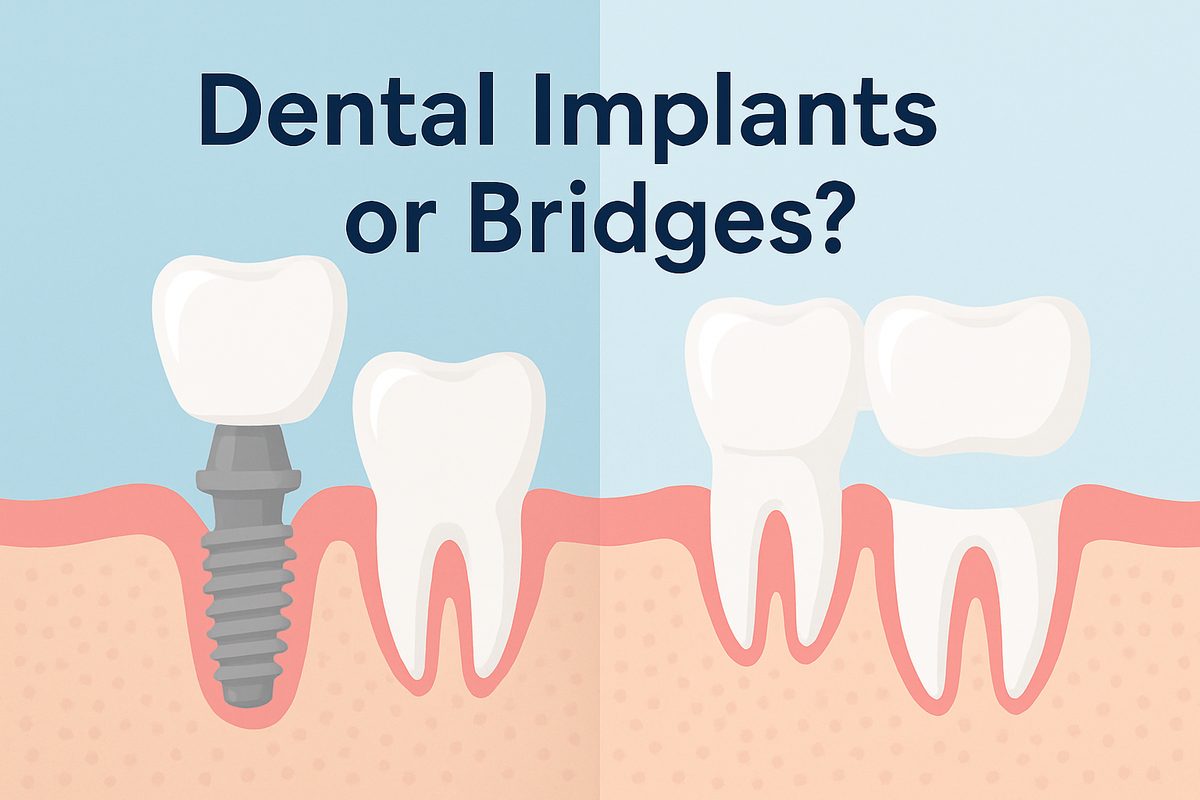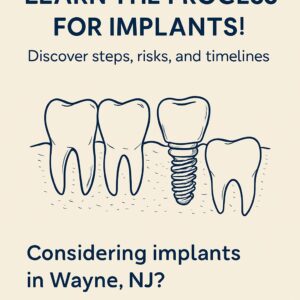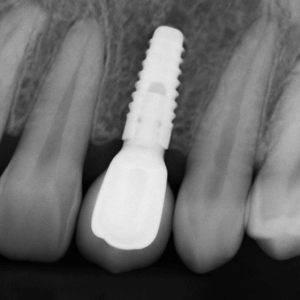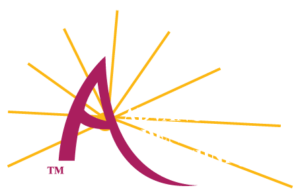Deciding between dental implants or other tooth-replacement options can feel overwhelming. This short guide is for anyone in Wayne, NJ weighing choices after losing a tooth or more. You’ll learn what implants are, common alternatives, how to compare them, basic procedure and recovery, costs, important questions to ask, and when to see a specialist.
What Are Dental Implants?
Dental implants are a titanium post placed into the jawbone, an abutment that connects the post to a crown, and the final crown that looks like a natural tooth. Implants offer stability, help preserve bone, and can last many years with good care. For many patients, dental implants or implant-supported restorations restore chewing and confidence best.
Common Alternatives To Dental Implants
Fixed dental bridge
A bridge uses the teeth next to a gap for support. It avoids surgery and gives a stable restoration, but requires reshaping healthy adjacent teeth and won’t stop bone loss at the missing tooth site.
Removable partial denture
Partials use clasps to attach to remaining teeth. They cost less and are removable for cleaning. Downsides include less comfort, possible speech changes, and more daily maintenance.
Full dentures
Full dentures replace all teeth on an arch. They’re the lower-cost choice for complete tooth loss and can be placed quickly. However, dentures don’t stop jawbone loss and can feel less stable over time.
Resin-bonded (Maryland) bridge & bonding
These are conservative options that preserve tooth structure. They work best for front teeth with minimal chewing force. They’re less durable than implants.
No treatment / monitoring
Sometimes watching the area is reasonable, especially when immediate replacement isn’t urgent. Risks include shifting teeth, more wear on adjacent teeth, and gradual bone loss.
How To Choose: Key Factors Comparing “dental implants or” Alternatives
Oral health and bone volume
Implants need enough bone. If bone is low, grafting can help but adds time and cost. Bridges and dentures may be easier when bone is limited.
Number and location of missing teeth
Single tooth loss often suits an implant or a bridge. Multiple or full-arch losses may need implant-supported bridges or dentures.
Medical history and healing ability
Diabetes, smoking, and some medications affect healing. Discuss medical history when choosing dental implants or other treatments.
Timeline and treatment invasiveness
Implants usually take months (surgery + healing). Bridges and dentures are faster and often non-surgical.
Aesthetics, function, and long-term maintenance
Implants best restore chewing force and look natural long-term. Other options may need more repairs or replacements.
Procedure Overview & Recovery: Implants vs Alternatives
Implant placement: evaluation with imaging, surgical placement, healing (osseointegration), and final crown placement. Healing can be weeks to months. Bridges/dentures: less invasive, shorter recovery, but may need periodic adjustments.
Costs, Insurance, and Financing
Implant cost drivers: number of implants, need for grafting, materials, and lab fees. Insurance may cover parts of bridges or dentures more often than full implant treatment. Many practices offer financing or payment plans.
Questions To Ask Your Dentist When Choosing “dental implants or” Another Option
Ask about the dentist’s implant experience, success rates, whether 3D imaging is used, grafting needs, timeline, and any warranties.
When To Seek Advanced Diagnostic Or Specialist Care
Request ConeBeam CT 3D imaging if you have complex anatomy, low bone, or prior implant failures. See an implant specialist for advanced grafting or regenerative options like PRF.
About Advanced Dental Techniques & Dr. Laurence C. Breiterman
Advanced Dental Techniques in Wayne, NJ offers LANAP, LAPIP, ConeBeam CT, CEREC same‑day crowns, and grafting options. Dr. Laurence C. Breiterman, D.M.D., MAGD, has advanced implant training and a Mastership from the Academy of General Dentistry, supporting predictable implant care.
Next Steps: Scheduling A Consult
To get a personalized plan, schedule a consult. Bring medical history, photos, and any prior X-rays. A short exam and 3D imaging can clarify whether dental implants or an alternative is best for you in Wayne, NJ.







